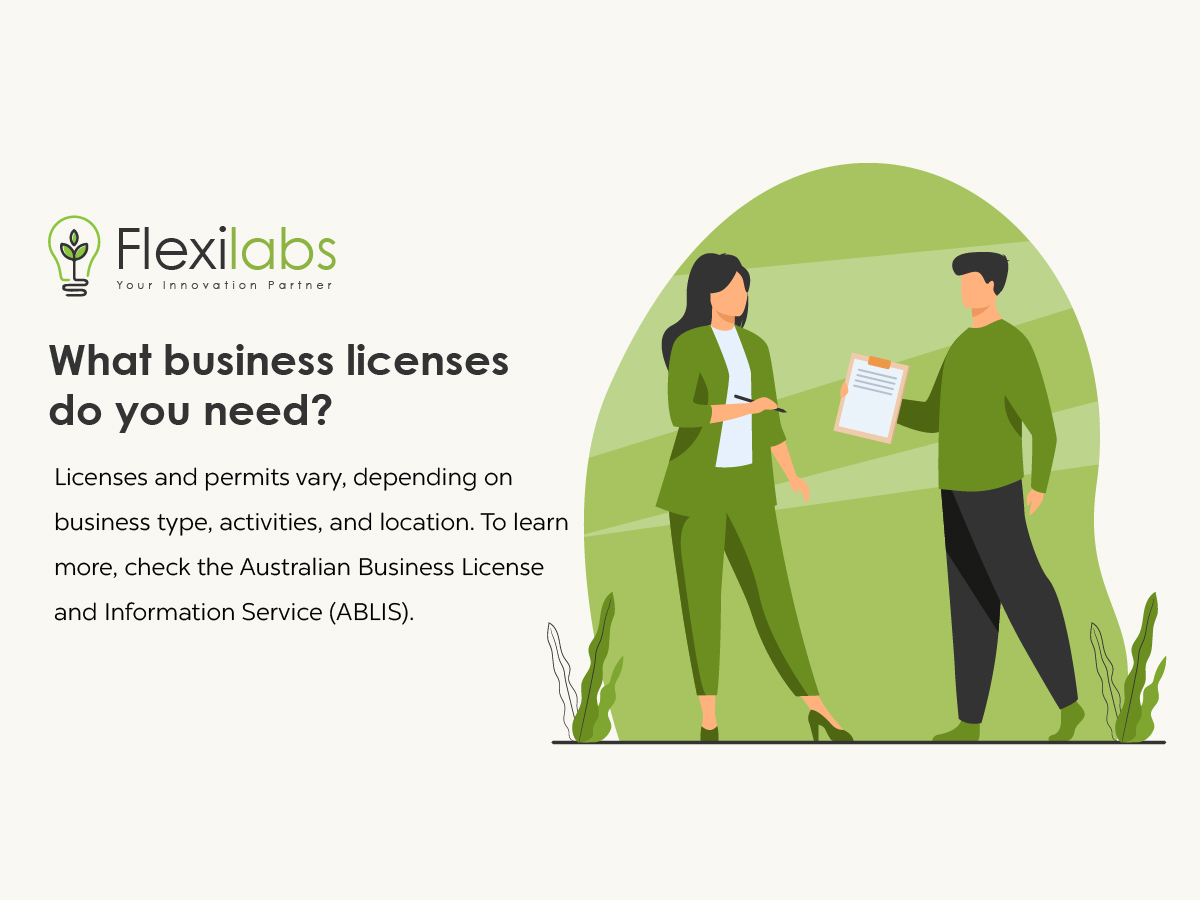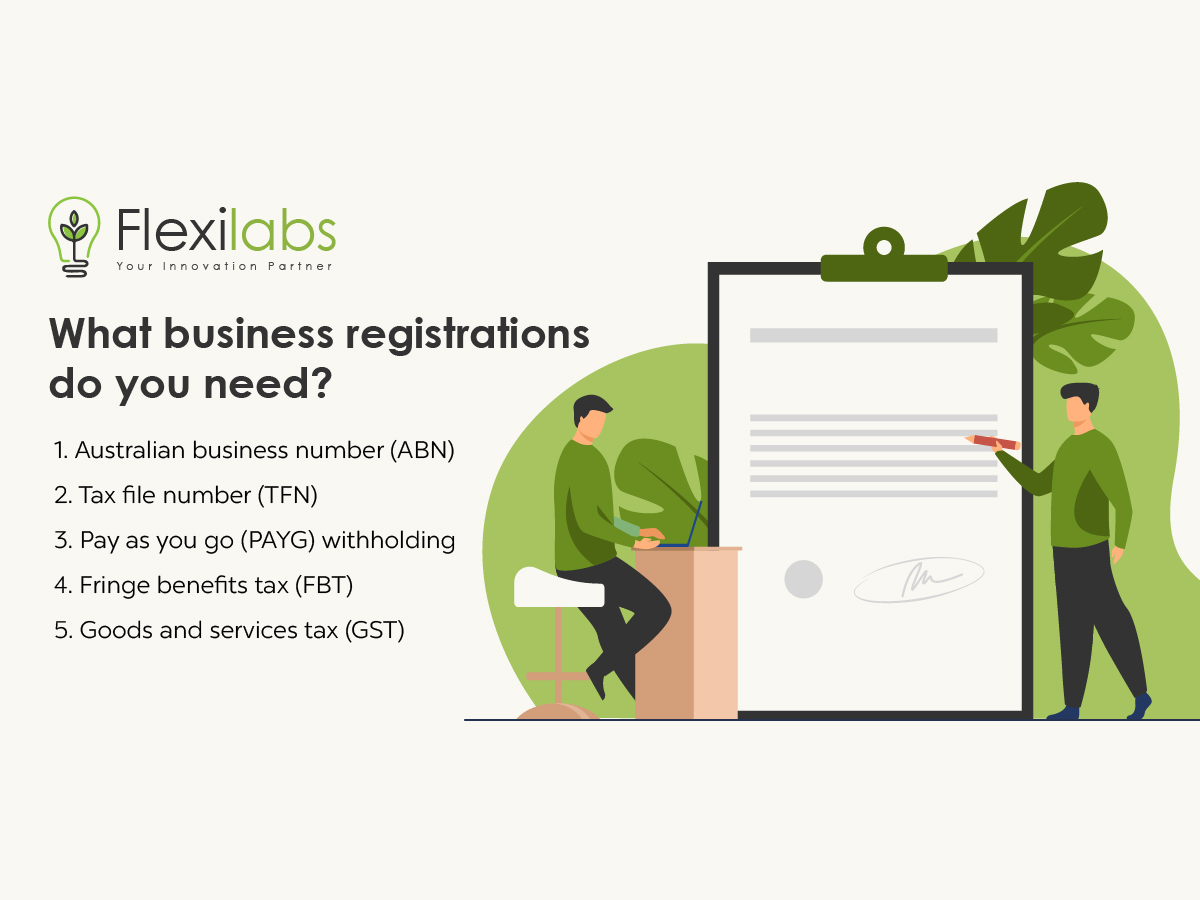Setting up a business can be challenging. You will face multiple business needs, challenges, legality issues, and other processes. And as a new entrepreneur, this is something you may not be fully aware of. Still, you are not excluded from the rule. You must ensure that everything is well taken care of before the launch.
To start a business in Australia, one must comply with the country’s regulations and laws. And while the Australian government provides various resources on its website, it can be hard to understand. Thus, this article will help you know what business licences and registrations are and what you need to have when opening a business.
What is a business licence?
A business licence is a document that grants permission for a person or company to engage in commercial activity. It allows the company to operate legally and protects the owner from potential lawsuits or fines. Moreover, it is often required by law and can be granted by the local government, state, or country.
A business permit is a licence an individual or organization needs to operate legally. The government requires for all businesses, including retail stores, restaurants, and warehouses.
Business permits are issued by the government and allow the holder to operate their business without breaking any laws. In some cases, a business permit may be required before starting a new business. Likewise, business owners are required to renew it periodically to ensure the holder meets regulatory requirements.
What Australian business licence do you need to have?

In Australia, getting a business license varies depending on the type of business, industry, local law, and state. For example, suppose you are starting your business in Victoria. In that case, you will need to register with your business licence with the state of Victoria and pay the required fees.
You should access the Australian Business Licence and Information Service (ABLIS) to find all the licences and permit requirements. ABLIS is a free online service by the government where you can find the correct information about Queensland and Australian government permits, licences, and approvals to operate a business in the country.
In addition, this portal contains the following reports:
- Information on how to access and sign relevant forms;
- Contact information for help desk;
- Information about the permits and licences;
- And other summaries of Australian government requirements per state or territory.
What is a business registration?
On the other hand, business registration is a document that legally recognizes a business in a country. It is also called a certificate of incorporation or simply incorporation.
Registering your commerce comes with a lot of benefits. It will give you more credibility and make it easier to get loans, find employees, and buy property.
Moreover, most governments require a company to have its legal entity. It is to help them prepare for any legality and obligations, including financial, record keeping, and other business needs.
What Australian business registration do you need to have?
The registrations you need for your business will depend on whether you’re a sole trader or a company, partnership, or trust. The most common business registrations are:

1. Australian business number (ABN)
The Australian Business Number (ABN) is a number that identifies a business entity in Australia. The ABN is similar to the Social Security Number (SSN) in the United States. Business owners can use it for tax purposes and other government identification purposes.
The following table shows the different types of businesses that need an ABN:
- Sole Proprietorship
- Partnership
- Company Limited by Shares
- Company Limited by Guarantee
- Registered Co-operative Society
- Registered Body Corporate
2. Tax File Number (TFN)
A Tax File number is a ten-digit number issued to Australian citizens and permanent residents. It is used for taxation, superannuation, and other government-related purposes. Business owners can obtain it by filling out an application form anytime during their lifetime.
3. Pay as You Go (PAYG) Withholding
PAYG Withholding is a system used in Australia to ensure that the correct amount of tax is withheld from your salary. The Australian government introduced this system in 1986 as an alternative to Income Tax Return (ITR). Likewise, Australia introduced this system to ensure that people did not lose their entitlements by underestimating their taxable income at the end of the financial year.
In other words, the total tax you pay at the end of the financial year will be based on your estimated income. The withholding rates are different for each type of income. In addition, this system also helps self-employed people who have more than one job.
4. Fringe Benefits Tax (FBT)
Fringe benefits tax is a tax employer in Australia must pay on some of the benefits and allowances they give to their employees. Also, the fringe benefits tax in Australia is calculated based on the value of the benefit or allowance.
Moreover, the employer can claim a deduction for the amount paid to an employee as FBT, but only if it is included in their taxable income.
5. Goods and Services Tax (GST)
Goods and Services Tax (GST) is a tax the government introduced in Australia in 2000. GST is Australia’s 10% tax on goods and services in 2000. The GST replaced the old wholesale sales tax, luxury car tax, etc.
Likewise, the GST applies to most transactions, including the sale of goods and services, imports into Australia, and certain types of financial transactions like interest earned on bank deposits.
Conclusion
Setting up a business in Australia can come with a lot of struggles. But with the proper knowledge and process, it can bloom into various benefits and incentives. Likewise, ensure you get the suitable licence and registrations to equip yourself for any challenges fully.
And remember, you can always consult an expert when you need to. Like Flexilabs! We guide you throughout your startup journey. Contact us now!

